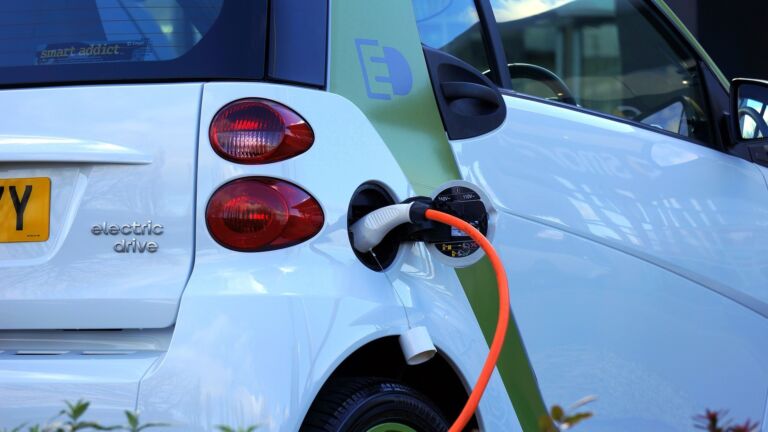Aaron Sibarium of the Washington Free Beacon reports one odd byproduct of the ESG phenomenon.
S&P Global made headlines this month when it gave Tesla, the world’s largest manufacturer of electric cars, a lower environmental, social, and governance score than Philip Morris International, the maker of Marlboro cigarettes.
The electric car company, whose CEO, Elon Musk, has become a culture-war lightning rod, earned just 37 points on the 100-point scale compared with the cigarette giant’s 84.
ESG ratings are supposed to guide investors, and their money, toward ethical enterprises. But Big Tobacco has lapped Tesla in the ESG ratings race more than once: Sustainalytics, a widely used ESG ratings tool, gives Tesla a worse score than Altria, one of the largest tobacco producers in the world. And the London Stock Exchange gives British American Tobacco an ESG score of 94—the third highest of any company on the exchange’s top share index—while Tesla earns a middling 65.
How could cigarettes, which kill over eight million people each year, be deemed a more ethical investment than electric cars? It may have something to do with the tobacco industry’s embrace of corporate progressivism.
Companies like Altria have gone out of their way to emphasize the diversity of their corporate boards and the breadth of their social justice initiatives, from funding minority businesses to promoting transgender women in sports. But Tesla, whose executives are overwhelmingly white men, has resisted that bandwagon, going so far as to fire its top LGBT diversity officer last year.
The “S” in ESG typically includes diversity programs. Philip Morris International, which in 2021 adversitised a partnership with “African data scientists,” got a social score of 84 from S&P Global. Tesla got a measly 20.
The contrast highlights the hazards of a movement that lumps pressing health and environmental issues in with ideological fads.


